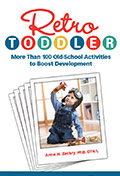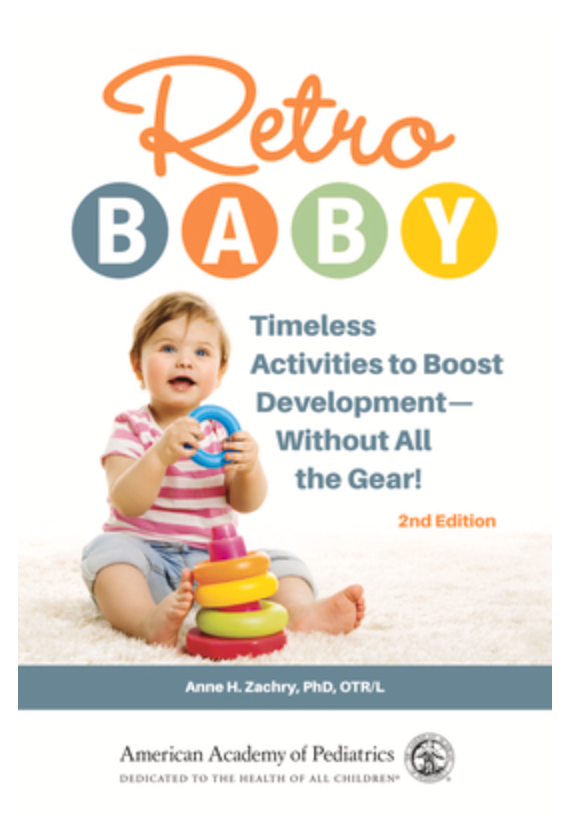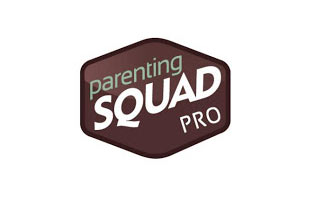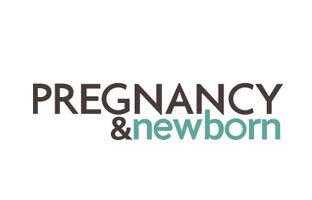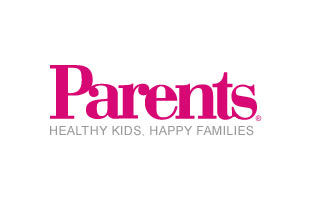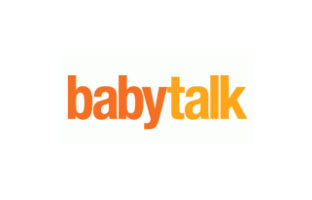Early exposure to reading can increase a child’s chances of future academic success. Reading experience, as well as exposure to rich conversations, help improve a child’s vocabulary and ability to communicate.
This is not good news for children who live in poverty. Research has found that there are a dozen or more books per child in neighborhoods with average incomes; however, in poor neighborhoods you will only find one book for every three hundred children. Additionally, there is significantly less conversation between these parents and their children. These issues lead to limited exposure to reading for children living and poverty.
What does this mean? By the time they are school age, these children have 25% of the vocabulary than children from middle-income neighborhoods, which puts them below the national norms with language and pre-reading skills.
Many organizations in the United State are working to decrease this gap, by making books available to those who cannot afford them. They are working to increase the access of low-income families to books. For more information, visit their websites.
